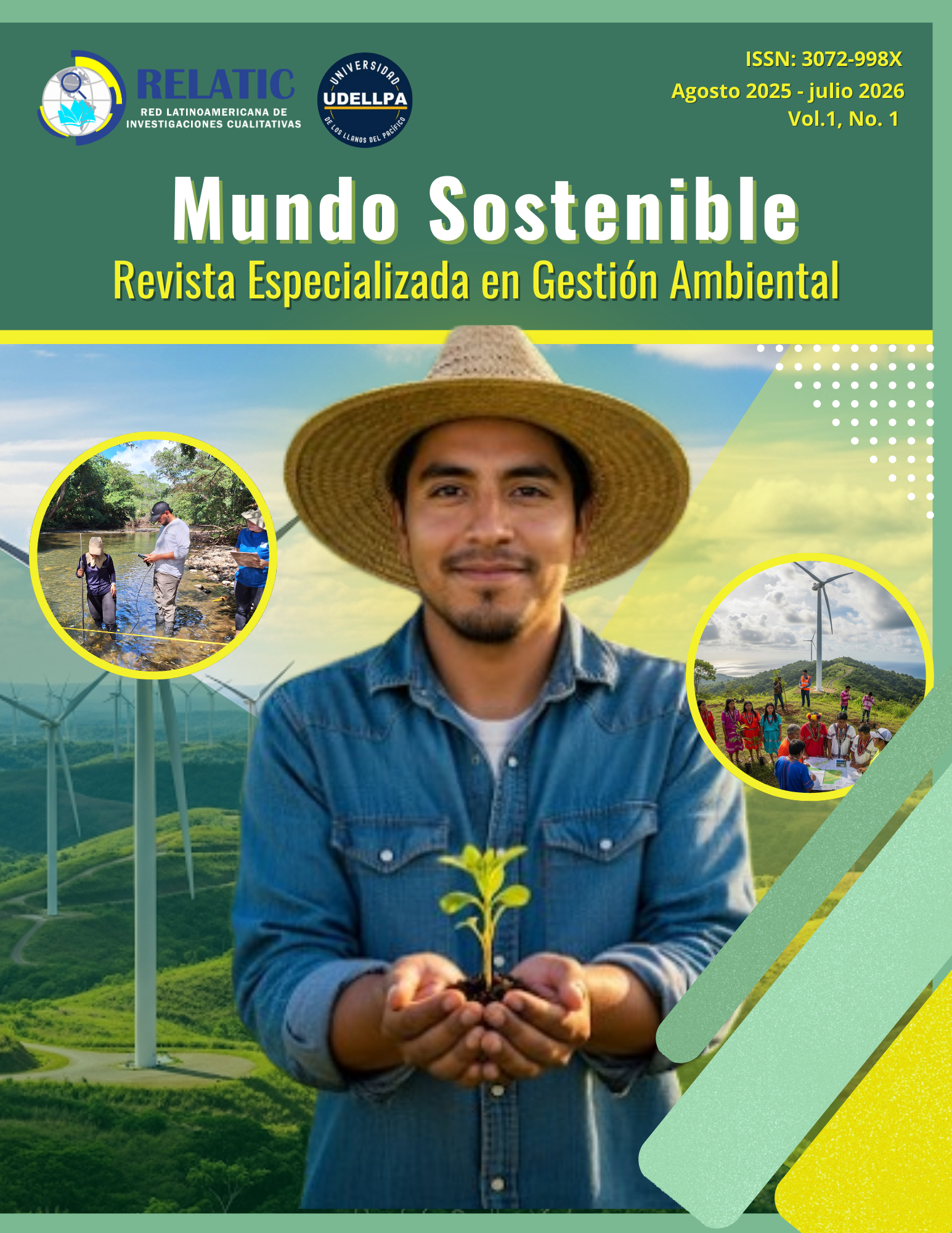Indigenous human rights in Panama a documentary analysis of persistent violations by the State
Main Article Content
Abstract
This article critically analyzes the human rights violations experienced by indigenous peoples in Panama, focusing on land rights, free, prior, and informed consent, Economic, Social, Cultural, and Environmental Rights (ESCR), and bilingual intercultural education. Based on a systematic review of secondary sources—including international reports, national legislation, academic literature, and statements from indigenous organizations—the study identifies structural factors that limit the effective realization of these rights. Findings reveal a gap between the legal framework, which formally recognizes indigenous rights, and its practical implementation, highlighting weaknesses in public policies, limited coherence with an intercultural approach, insufficient community participation, and consultations that often fail to meet the principles of freedom, information, and consent. It is concluded that fully ensuring indigenous human rights requires strengthening participatory mechanisms, guaranteeing free and informed consultations, and consolidating intercultural education models co-designed with communities, thereby promoting inclusive and sustainable public policies capable of recognizing and respecting cultural diversity as a fundamental pillar of social justice and integral human development.
Article Details
Section

This work is licensed under a Creative Commons Attribution-NonCommercial-ShareAlike 4.0 International License.


